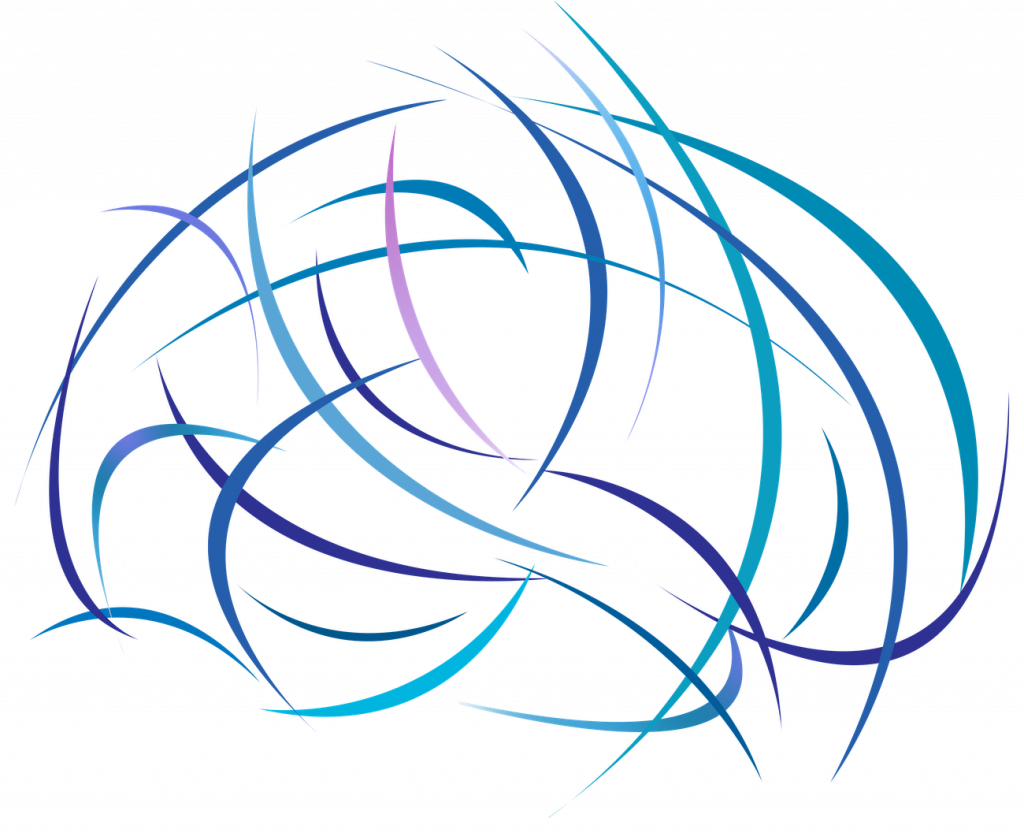Title
Natural vision in primates: V1 activity during locomotion
Bio
Alex Huk is the Raymond Dickson Centennial Professor #2 of Neuroscience and Psychology, and the Director of the Center for Perceptual Systems at UT-Austin. His lab studies primate vision and the translation of visual information into cognitive signals used for behavior. He received his BA from Swarthmore College, his PhD from Stanford University (where he was advised by David Heeger), and did postdoctoral training at the University of Washington in Seattle (where he worked in the lab of Mike Shadlen).
Abstract
Primate visual circuits have been studied extensively, but almost entirely in the context of highly constrained behavioral paradigms. Meanwhile, work in rodents has revealed exciting effects of behavioral state in less constrained circumstances. For example, when mice and rats actively locomote, the responses of neurons in their primary visual cortex (V1) are modulated substantially— running can double firing rates. This has fundamentally altered conceptions of a brain region previously assumed to be an image-processing stage whose function was to represent the visual input, unaffected by the behavioral state of the animal. Extensive work has followed in rodents, aimed at dissecting the sources, recipients, and functional consequences of these powerful modulations. However, it remains unknown whether this body of work reveals general insights into mammalian primary visual cortex, or instead reflect species- (or order-) specific findings that do not directly generalize to primates, and so my lab is trying to answer this question. In this talk, I will describe our attempts to understand how the primate visual system functions under increasingly unconstrained behavioral contexts and within increasingly naturalistic sensory environments. Our initial results motivate a search for general principles of brain function that transcend strong superficial differences for particular brain areas and behavioral paradigms.
















